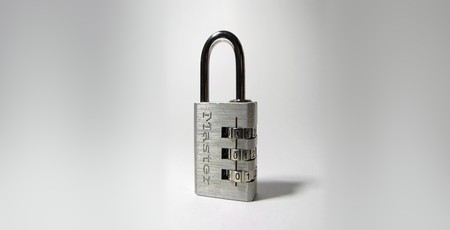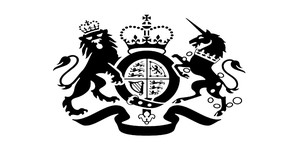ECHR rules against UK surveillance programmes
September 13, 2018 | 10:59
Companies: #big-brother-watch #english-pen #european-court-of-human-rights #european-union #open-rights-group

The European Court of Human Rights has held, by five votes to two, that the UK government's mass surveillance regime is unlawful, in a ruling against three now-joined cases brought by privacy and human rights campaign groups.
Brought before the European Court of Human Rights by Big Brother Watch, English PEN, and the Open Rights Group following the revelations by whistleblower Edward Snowden that the UK and other countries had been conducting secret population-scale communications interception against their citizens, the cases were joined together for a single hearing. Today, the Court has ruled the UK's surveillance illegal, despite arguments that the Regulation of Investigatory Powers Act 2000 (RIPA) and its replacement the Investigatory Powers Act 2016 (IPA) made it legal.
'In today’s Chamber judgment the European Court of Human Rights held, by five votes to two, that: the bulk interception regime violated Article 8 of the European Convention on Human Rights (right to respect for private and family life/communications) as there was insufficient oversight both of the selection of Internet bearers for interception and the filtering, search and selection of intercepted communications for examination, and the safeguards governing the selection of "related communications data" for examination were inadequate,' the Court explains in its announcement on the ruling. 'In reaching this conclusion, the Court found that the operation of a bulk interception regime did not in and of itself violate the Convention, but noted that such a regime had to respect criteria set down in its case-law.
'The Court also held, by six votes to one, that: the regime for obtaining communications data from communications service providers violated Article 8 as it was not in accordance with the law; and that both the bulk interception regime and the regime for obtaining communications data from communications service providers violated Article 10 of the Convention as there were insufficient safeguards in respect of confidential journalistic material.'
The judgement is not a complete win for the pro-privacy side, however: The Court also ruled that the UK government's regime for intelligence sharing with foreign governments was not in violation of Article 8 nor Article 10 of the Convention on Human Rights, and that the procedure for challenging the surveillance measures was not in breach of the right to a fair trial nor the Article on prohibition of discrimination.
'This landmark judgment confirming that the UK’s mass spying breached fundamental rights vindicates Mr Snowden’s courageous whistleblowing and the tireless work of Big Brother Watch and others in our pursuit for justice,' claims Big Brother Watch director Silkie Carlo. 'Under the guise of counter-terrorism, the UK has adopted the most authoritarian surveillance regime of any Western state, corroding democracy itself and the rights of the British public. This judgment is a vital step towards protecting millions of law-abiding citizens from unjustified intrusion. However, since the new Investigatory Powers Act arguably poses an ever greater threat to civil liberties, our work is far from over.'
'The Court has put down a marker that the UK government does not have a free hand with the public's communications and that in several key respects the UK's laws and surveillance practices have failed,' adds Dan Carey, the solicitor representing the applicants in the case. 'In particular, there needs to be much greater control over the search terms that the government is using to sift our communications. The pressure of this litigation has already contributed to some reforms in the UK and this judgment will require the UK government to look again at its practices in this most critical of areas.'
The Court's ruling isn't yet final: A Chamber judgement can be referred to the Grand Chamber any time within three months of its issuance, upon which a panel of five judges will decide whether the case merits further examination: If it does, it will be re-heard for a final judgement; if not, the Chamber judgement becomes final.

MSI MPG Velox 100R Chassis Review
October 14 2021 | 15:04








Want to comment? Please log in.